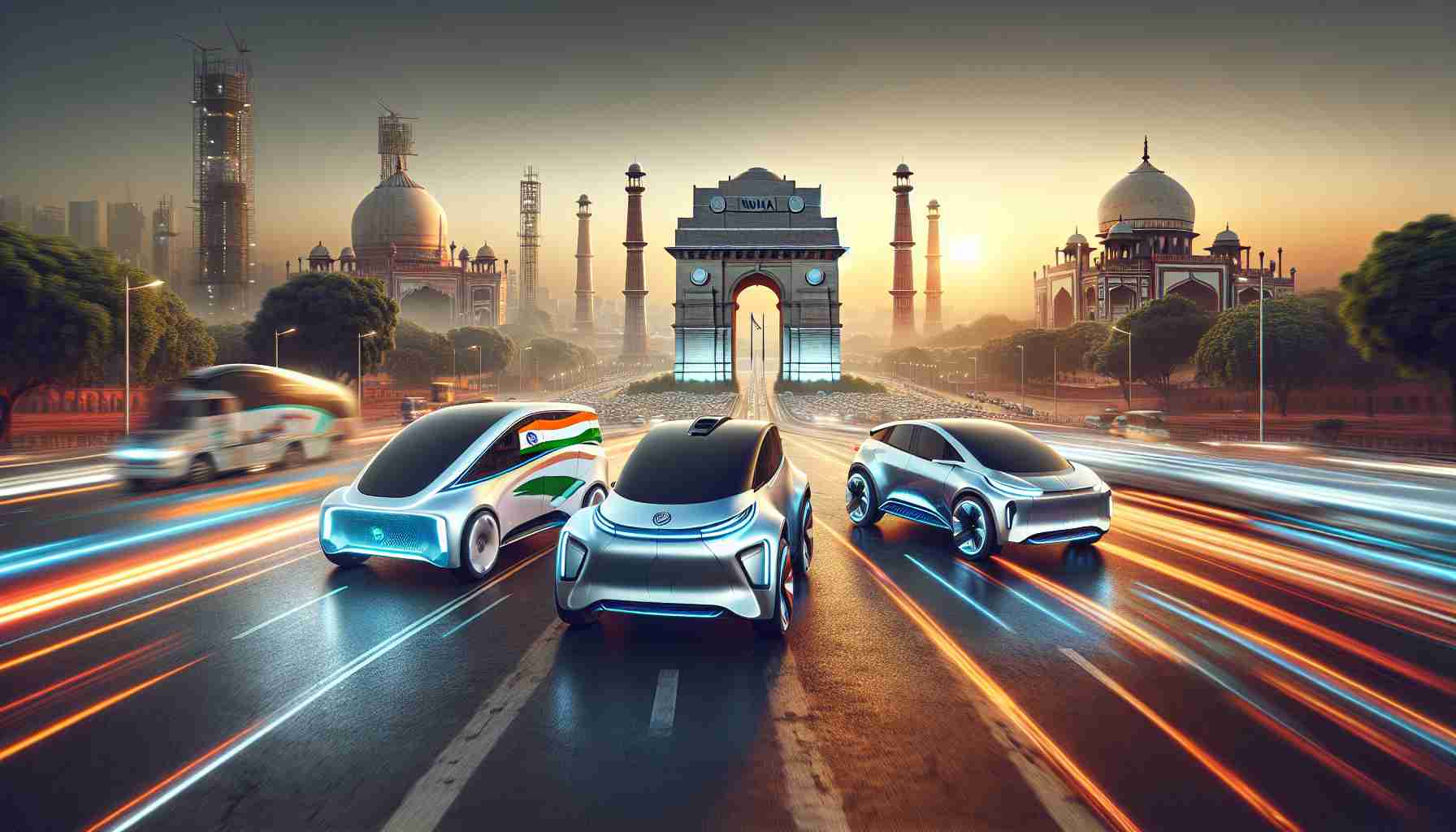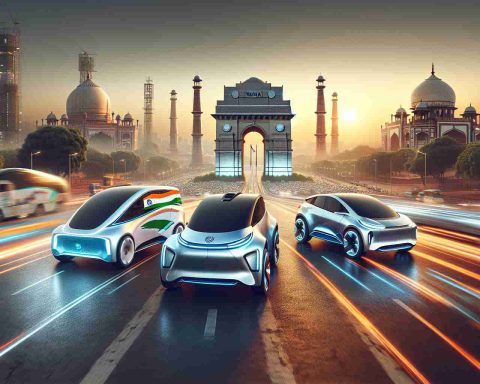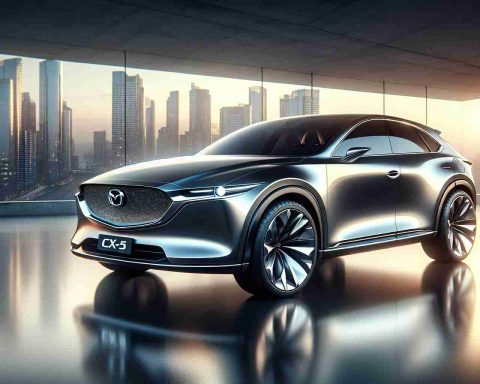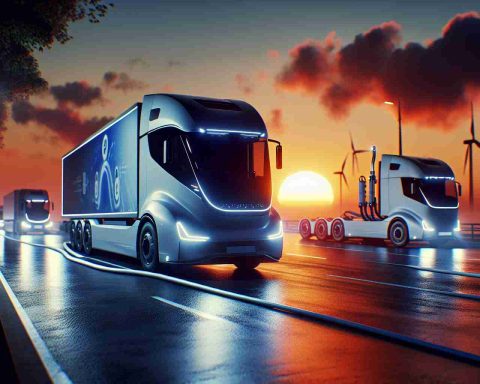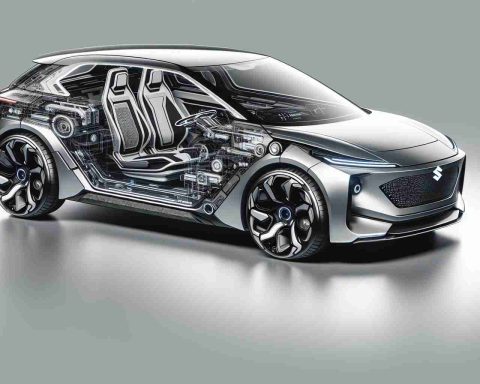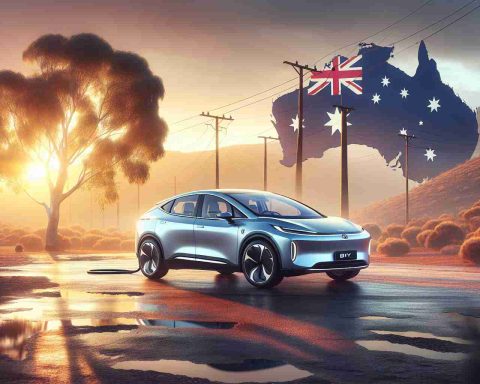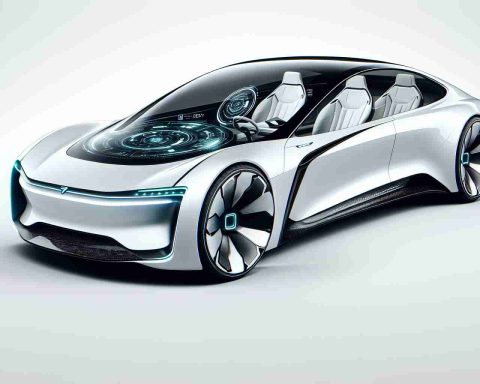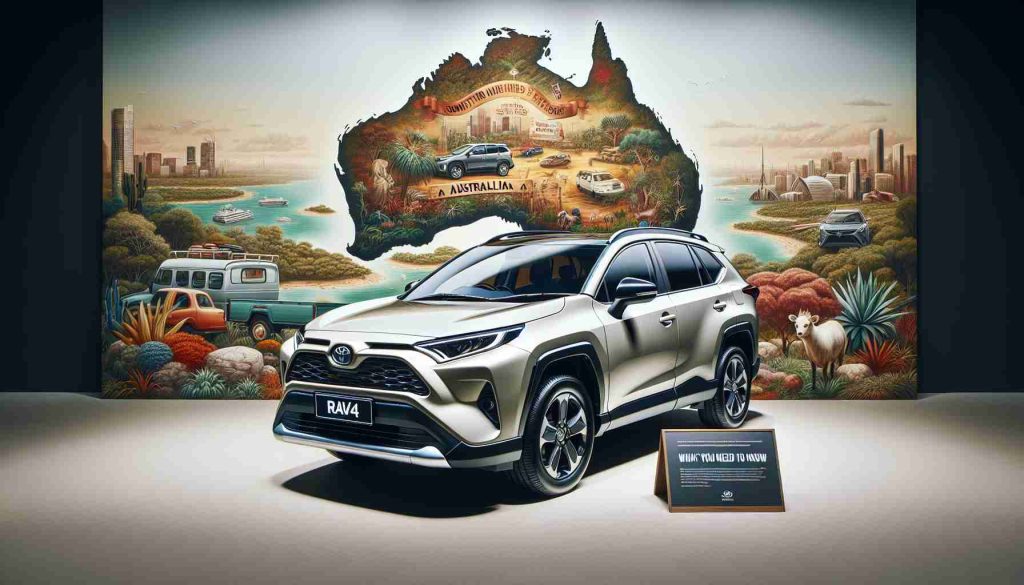- Kia Motors plans to launch three electric vehicles (EVs) in India by 2026, targeting the eco-conscious market.
- The revamped EV6 model will feature improved battery technology with a greater range and faster charging capabilities.
- The Carens EV will offer a spacious, family-friendly design with affordable pricing and modern electric technology.
- The Syros EV is designed for urban use, featuring a sleek design, enhanced connectivity, and autonomous features.
- Kia’s EV initiatives highlight its commitment to sustainability and innovation in the Indian automotive sector.
Kia Motors is poised to change the Indian automotive landscape by announcing the launch of three cutting-edge electric vehicles (EVs) by 2026. This bold move is geared towards embracing new technologies and meeting the demands of an eco-conscious future.
Revamped EV6 for Tomorrow
Leading the charge is the anticipated facelift of the popular EV6 model. This version promises not just aesthetic improvements, but also advancements in battery technology, offering consumers greater range and quicker charging times. As EV infrastructure grows across India, the new EV6 aims to provide an enticing option for the discerning driver.
Introducing the Carens EV
Kia’s Carens, renowned for its spacious and family-friendly design, is set to make its electric debut. The upcoming Carens EV combines the practicality of a family vehicle with the sustainability of electric power. With a focus on affordability and cutting-edge technology, this model could be a game-changer for Indian families seeking eco-friendly options.
The Syros EV: The Future on Wheels
Completing Kia’s trio of green vehicles is the all-new Syros EV. Designed with urban adventures in mind, it is set to capture the hearts of city dwellers and environmentally conscious consumers alike. Featuring a sleek design and compact form, the Syros is expected to offer enhanced connectivity and autonomous capabilities, setting new standards for urban mobility.
Kia’s aggressive EV rollout underscores its commitment to sustainability and innovation, promising to electrify India’s roads and redefine the future of transportation in the country.
Unveiling Kia’s Electric Revolution in India: What You Need to Know
How will Kia’s new electric vehicles impact the Indian automotive market?
Kia’s bold entry into the Indian EV market with three new models by 2026 signifies a strategic shift towards sustainability and innovation. The launch of these vehicles is anticipated to increase competition, propel infrastructure development, and encourage other auto manufacturers to speed up their green initiatives. By offering vehicles like the revamped EV6, Carens EV, and Syros EV, Kia aims to cater to diverse consumer segments, potentially reducing reliance on fossil fuels and sparking economic growth through investments in charging infrastructure and technology development.
Why are Kia’s battery advancements significant for the EV6?
The facelifted EV6 will showcase significant battery technology enhancements, crucial for improving EV appeal. These developments promise longer range and faster charging times, addressing two of the most significant consumer pain points. Advanced batteries can lower overall vehicle weight, increase efficiency, and result in cost savings over the vehicle’s life. These improvements also reflect Kia’s commitment to incorporating cutting-edge technology to meet rising global and local sustainability demands.
What makes the Syros EV a game-changer for urban mobility?
The Syros EV is tailored to urban consumers desiring efficient, connected, and eco-friendly transportation. Its compact design is perfect for city driving, while advanced connectivity and autonomous features position it at the forefront of urban automotive technology. These innovations could alleviate city congestion, offer personalized commuting experiences, and reduce pollution, aligning with global urban sustainability initiatives. The Syros EV represents a forward-thinking solution to urban mobility challenges.
For a deeper dive into Kia’s strategic direction and full spectrum of vehicles, visit the official site: Kia.
Pros and Cons of Kia’s Electric Lineup
Pros:
– Technological Advancements: Enhanced battery life and quicker charging mean better usability.
– Variety in Models: Offers options across different consumer needs (families, urban dwellers, tech-savvy individuals).
– Sustainability Focus: Aligns with global shifts towards reducing carbon footprints.
Cons:
– Infrastructure Dependency: Success depends on the rapid development of charging stations across India.
– Price Sensitivity: Electrical components can make EVs more expensive initially, even if longer-term savings are expected.
Market Forecast
By 2026, the Indian EV market is predicted to witness exponential growth, with Kia capturing a significant share due to strategic early entry. The anticipated increase in public-private partnerships and government incentives could further accelerate EV adoption in India.
Future Predictions
Kia’s ventures might inspire similar moves from competitors, igniting a wider industry transition toward electric vehicles in India. Innovations like autonomous driving and connected vehicles seen in the Syros EV could become standard features industry-wide by 2030.
